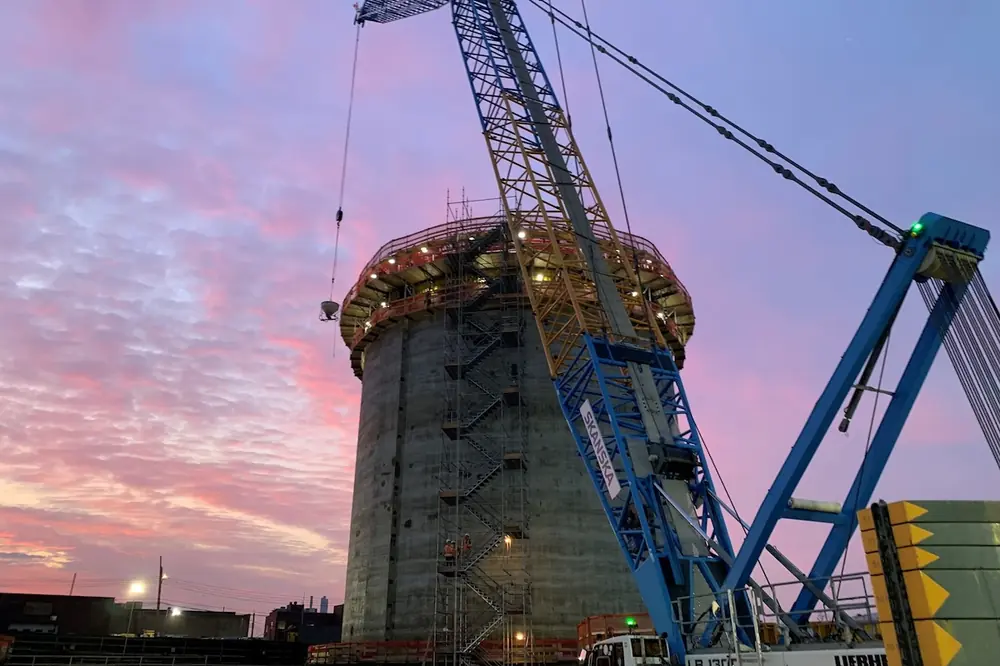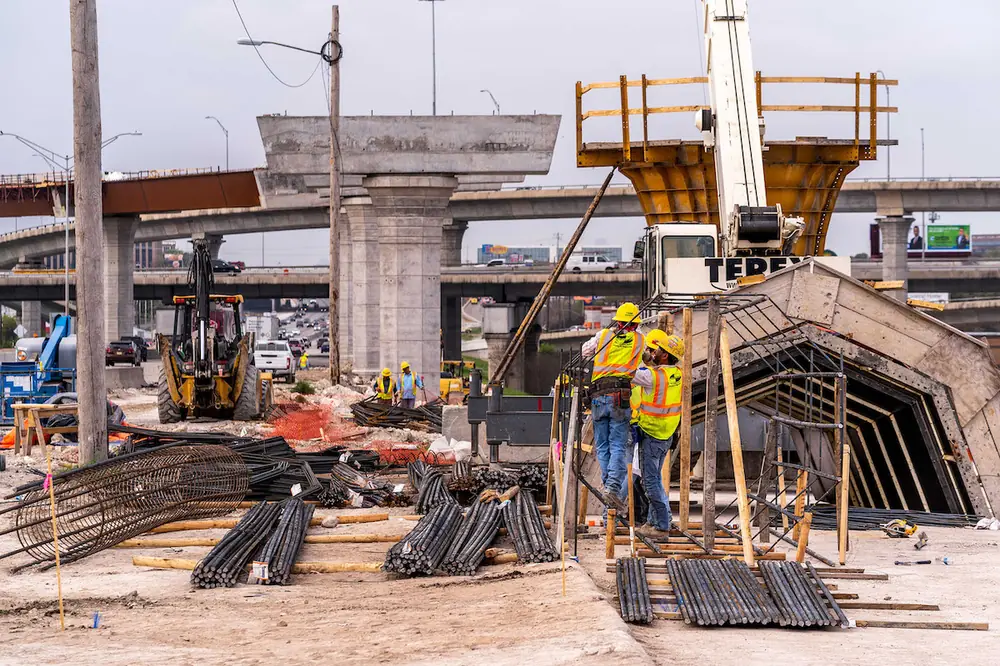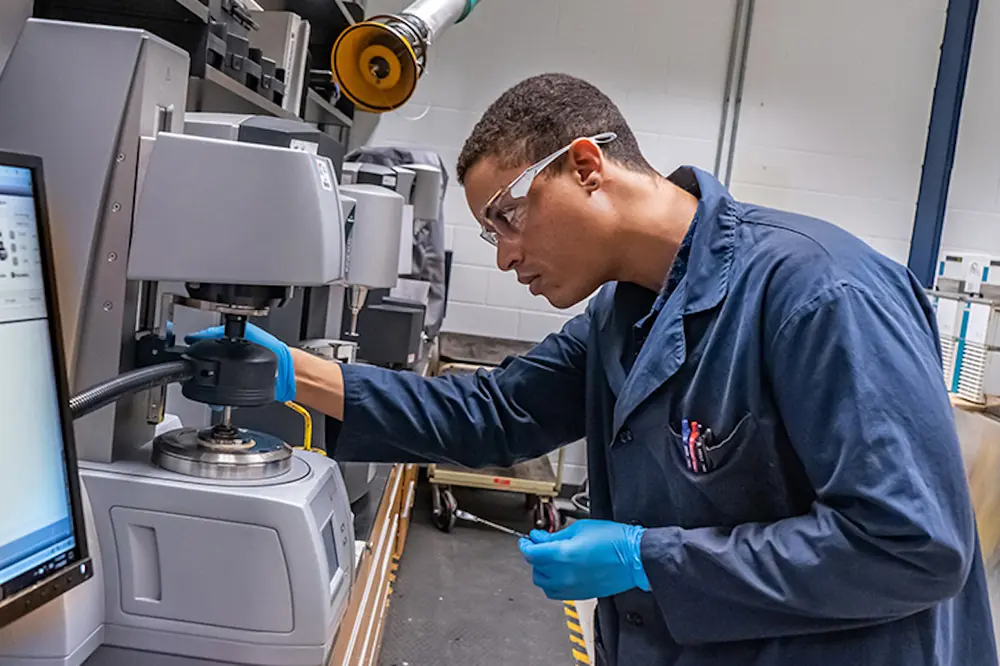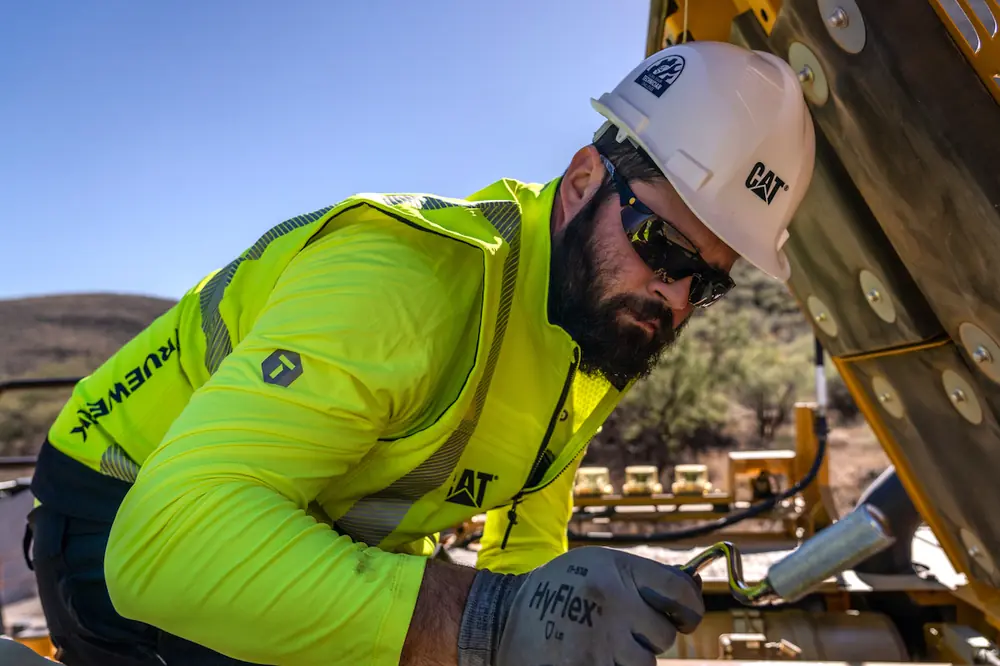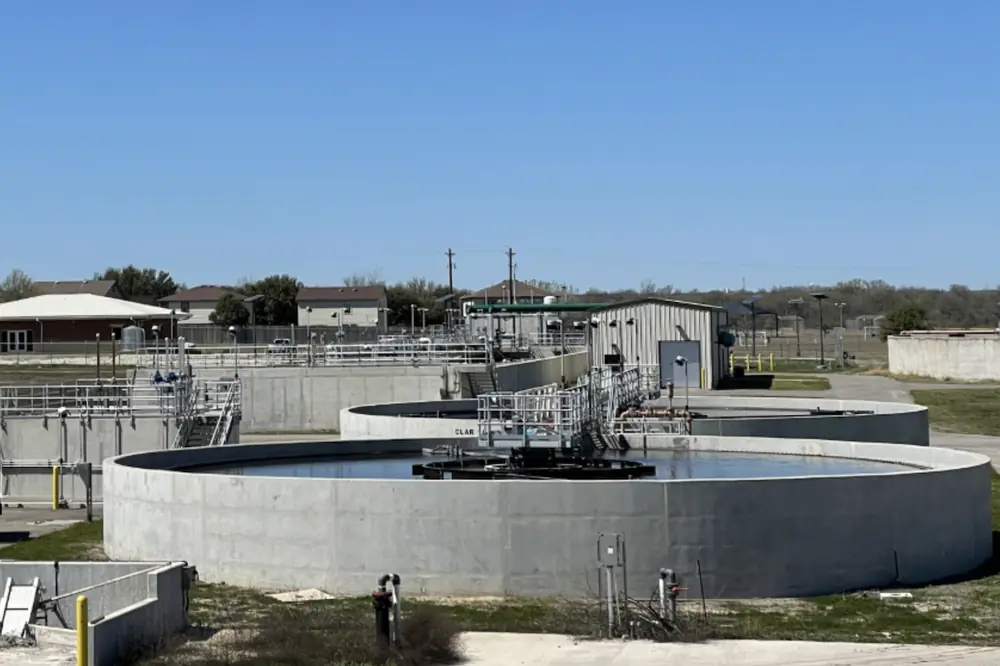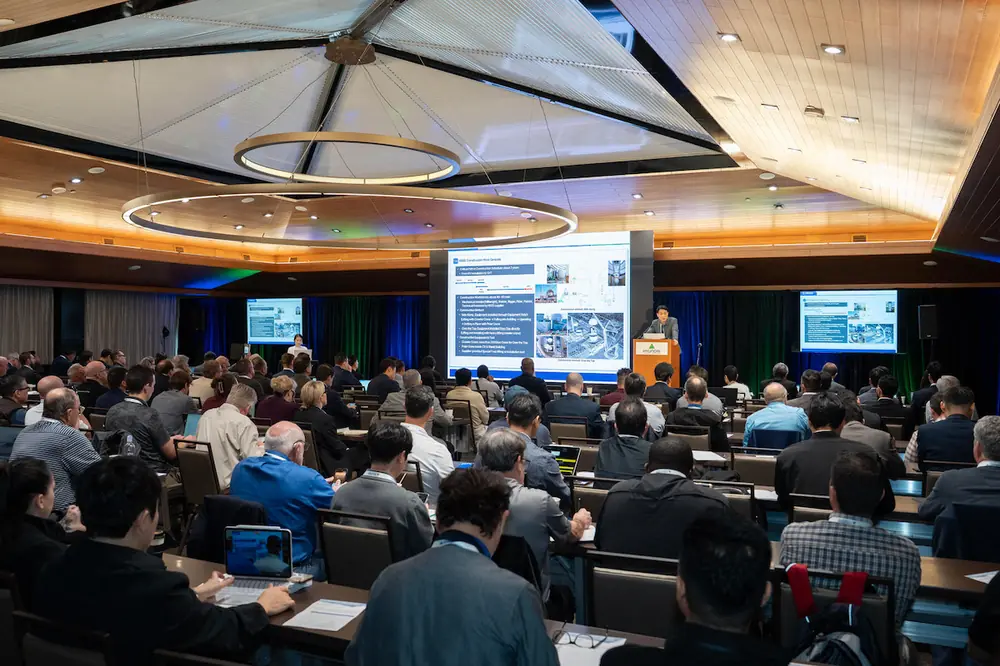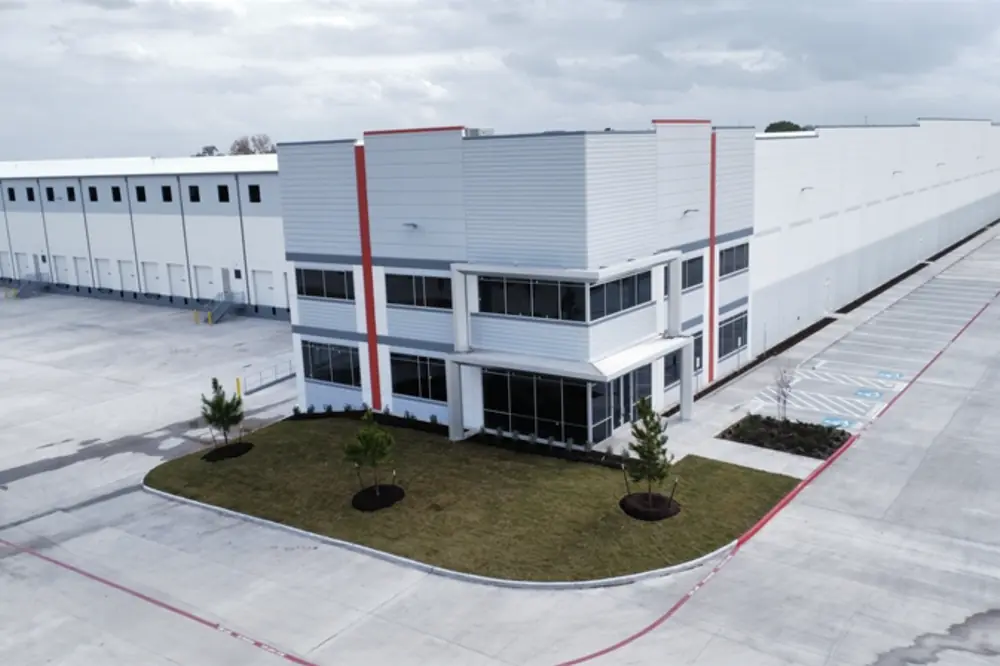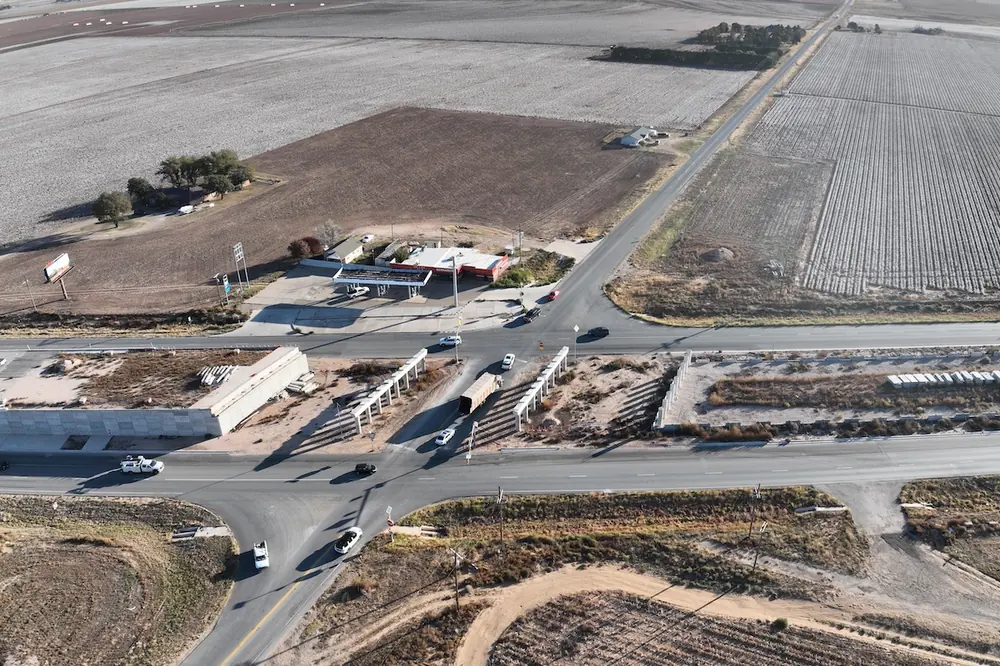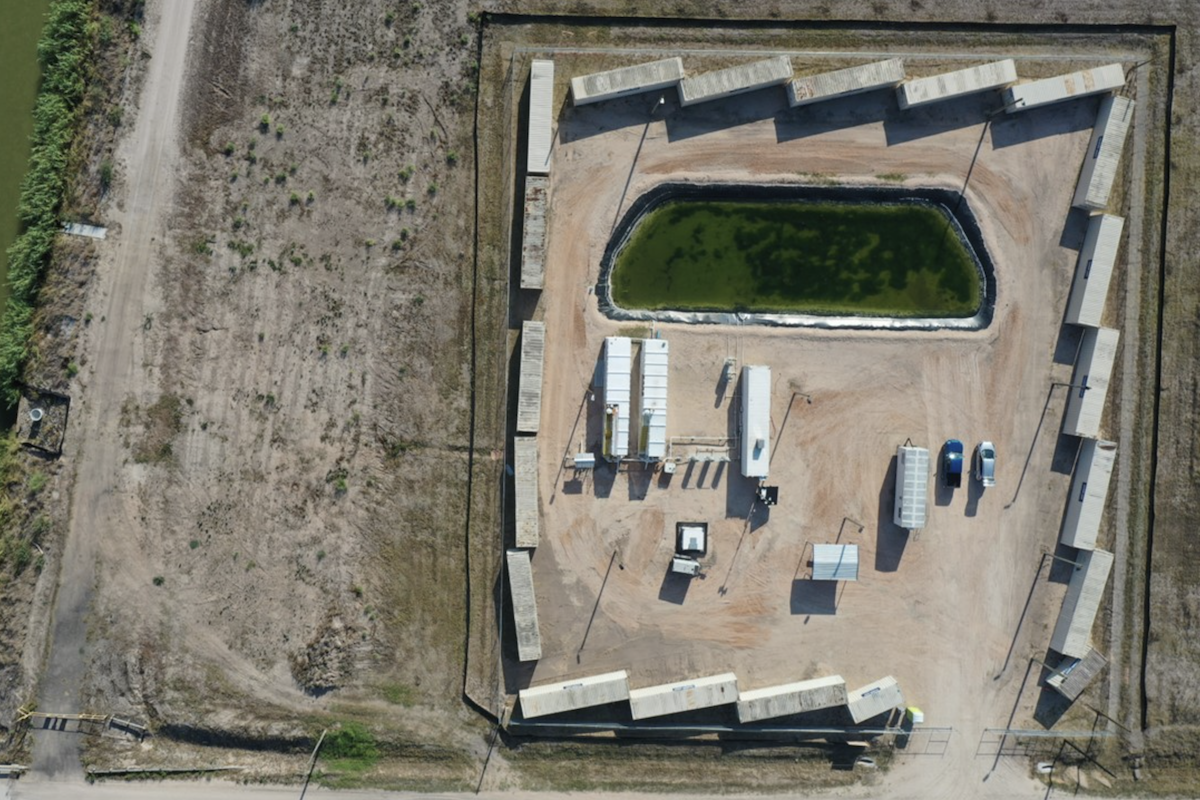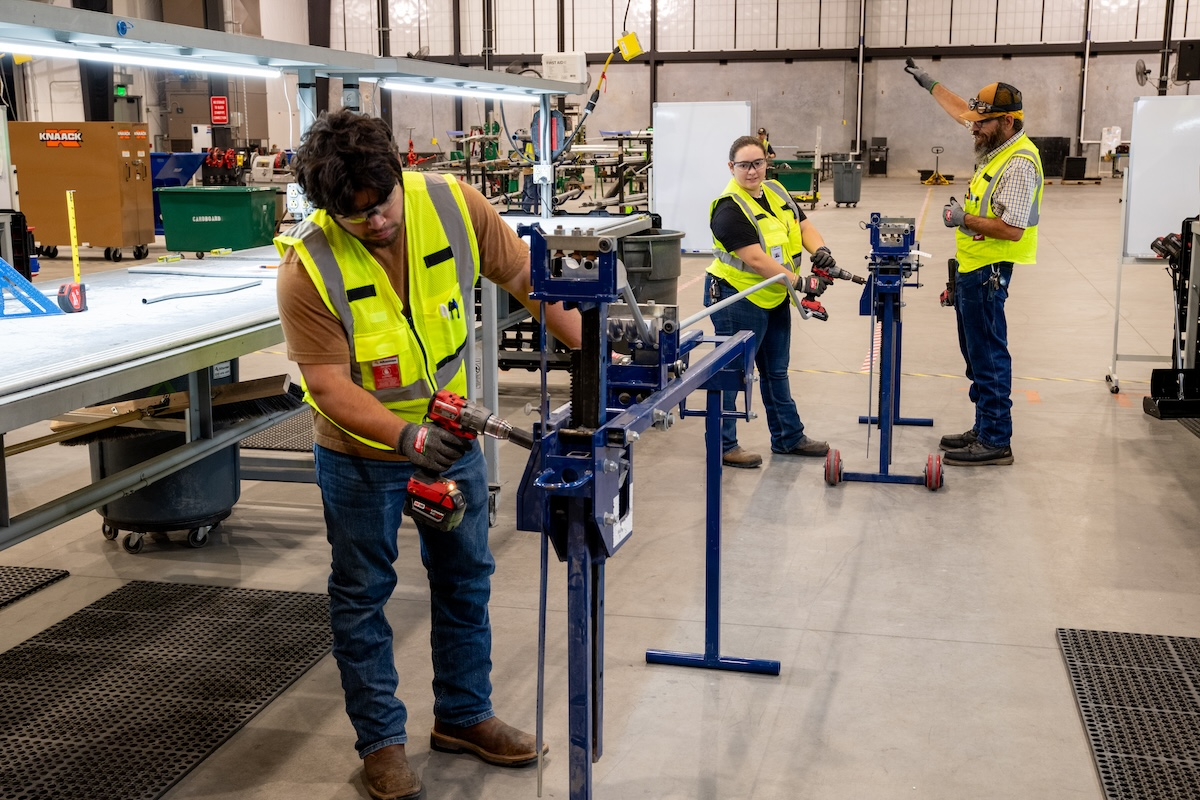In a recent column, my partner
Jerry Negrete wrote about dispute resolution provisions that frequently appear in construction contracts. In her column, Jerry briefly addresses mediation, arbitration, and litigation. Building on that introduction, this column will focus on mediation as a process and provide suggestions and recommendations that may assist parties to a dispute with a successful mediation.
The inclusion of mediation provisions in contracts has evolved over time and tends to be somewhat cyclical. For example, mediation has been heavily promoted at times as a precondition to litigation or arbitration as a means of avoiding costly disputes. At other times, the trend has been to include mediation as part and parcel of the claim review process in the event the engineer of record, for instance, issues and initial decision with which one party disagrees.
Regardless of how a contract might permit or require mediation, contracting parties that seek resolution of a dispute through mediation would do well to consider the approach and presentment of a claim in mediation. Parties that go into a mediation with little to no preparation do not often successfully resolve a dispute. Parties should be cognizant of the fact that failure to resolve a dispute through mediation almost certainly leads to significant expenses for attorney and expert assistance in a dispute. Expenses in the hundreds of thousands of dollars for experts and attorney’s fees are common in construction litigation. Mediation, on the other hand, typically costs only a few thousand dollars when one factors in the mediator’s fees with the costs of attorney or expert assistance.
With the reality of expense and prolonged disputes that typically follow an unsuccessful mediation, investing time and energy to the process makes economic sense even if compromise is required to achieve resolution.
The following considerations and suggestions may assist in facilitating resolution:
Be Prepared
A common problem that often negatively effects the potential for a successful mediation is when a party or both fail to adequately prepare for the mediation. Consider a claimant who cannot answer basic questions about the factual and contractual support for a claim. Coming to a mediation prepared to provide contract document or project records that support one’s claims or defenses can boost credibility and therefore cause the other party to consider the risks associated with not resolving a dispute. On the other hand, if a party cannot or will not answer questions from the mediator, then the credibility of the party or the validity of the claim may be challenged which may result in an inability to settle the dispute.
Expect Negotiation and Compromise
Mediation is a voluntary, nonbinding dispute resolution process whose very nature requires compromise in order to avoid costly disputes whose outcome falls outside of either party’s control. Parties who agree to mediate but have no intention of compromise doom the mediation to failure. Depending on the strength or weakness of an argument, parties need not cave to the other side, but some compromise is necessary for resolution. After all, even the best case has a 30 percent chance of losing when tried to a jury.
Fully Develop Claims and Defenses
Following on my comments from above, one must understand and be able to articulate the factual and contractual basis for a claim. For example, a contractor asserting a delay claim must be able to demonstrate the impacted work was on the critical path. The party opposing the claim would do well to analyze and be prepared to discuss concurrent or predecessor delays that might offset the claim. Being able to address causation and liability will enhance the party’s position and force compromise if settlement can be had.
Engage with the Mediator
As a threshold issue, parties should understand that a mediator is not an advocate. A mediator’s sole job is to facilitate settlement. To that end, the more information each a party can provide about their approach and positions will allow the mediator to interact with both parties in a way that facilitate compromise. Keep in mind that a mediator is required to maintain confidentiality so parties who instruct the mediator to keep certain information confidential can be confident that information, strategy, or positions will not be disclosed top the other side. Providing confidential information to the mediator can help the evaluation and development of settlement discussions and for that reason, open engagement with the mediator can be very helpful.
Understand and Appreciate the Economics
As stated previously, the cost of mediation pales in comparison to the typical cost of litigation. In reality, the cost of litigation (attorney and expert witness fees) is recovered in only the smallest percentage of lawsuits. For most cases, parties can expect to spend well into six figures to take a construction case from cradle to grave and those expenses are almost never fully reimbursed. Economic evaluation requires and objective view of the dollars involved. If the costs to recover outweigh the settlement offered, even if far below one’s expectations as a claimant, for example, then the offer on the table may be worth accepting.
It’s Just Business
In the construction context, advocating for or against a claim at mediation should not be personal. Even if personality conflicts exist, which they often do in construction disputes, evaluation of the risks and potential rewards of a claim or strategic position can be distorted if personal bias influences analysis. Fighting on principal doesn’t always make economic sense but has merit, nonetheless. Personal grievances can be discussed during the mediation – doing so may be therapeutic and can therefore be encouraged – but allowing those grievances to influence the evaluation of settlement positions is most often antithetical to resolution.



